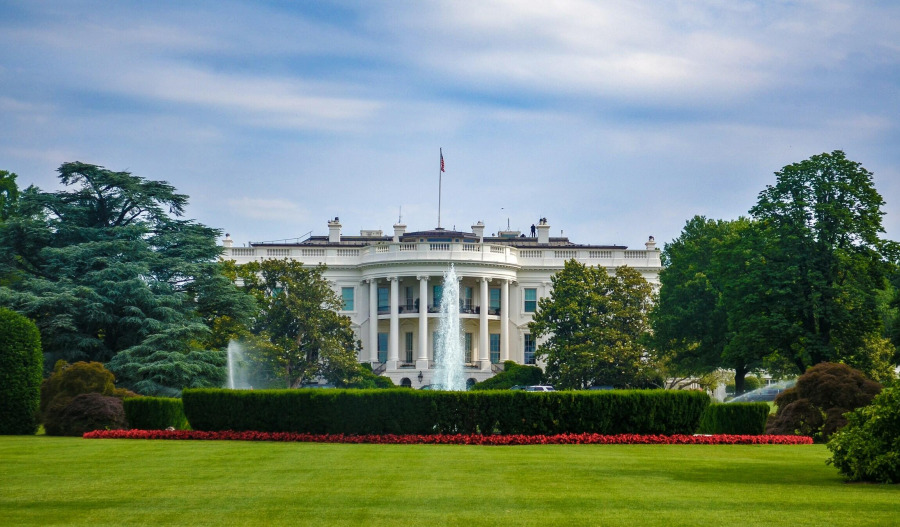Gold extended its record-breaking rally during Asian deals on Tuesday, trading closer to the symbolic US$4,000 per ounce mark as investors continued to favour the safe-haven metal amid a slightly weaker United States dollar, renewed central bank demand, and ongoing political uncertainty in the United States.
By 3 pm AEDT (4 am GMT), spot gold was up $12.38, or 0.3%, at US$3,972.11 per ounce, trading at fresh all-time highs.
The precious metal’s momentum remains strong, even as a rebounding U.S. dollar, supported by weakness in the euro and yen, capped gains.
Political turbulence in France and Japan has weighed on their respective currencies, lending temporary strength to the greenback.
However, the broader environment remains favourable for gold amid a combination of dovish expectations for U.S. monetary policy and heightened political risk.
The ongoing U.S. government shutdown, now in its second week, continued to cloud the economic outlook after a Democratic-backed bill to reopen federal operations failed in the Senate for a fifth time on Monday.
The shutdown has delayed the release of major economic data, including the September jobs report, complicating the Federal Reserve’s policy outlook.
Investors are now betting on at least two rate cuts by the Fed later this year, a move that typically supports non-yielding assets such as gold.
Central bank demand has also added to the metal’s rally. Data from the World Gold Council (WGC) showed that global central bank gold purchases rebounded in August, adding 15 tonnes to global reserves.
In China, the People’s Bank of China (PBOC) continued its steady accumulation of bullion, reporting holdings of 74.06 million fine troy ounces at the end of September, up from 74.02 million a month earlier.
The move marked the 10th consecutive month of gold reserve increases by the Chinese central bank.
With robust institutional demand and growing speculation over monetary easing, analysts say the $4,000 milestone could be tested soon, though profit-taking may temper the pace of gains in the short term.



